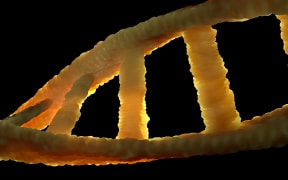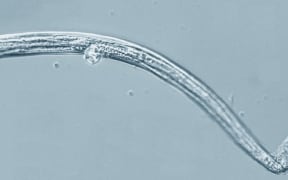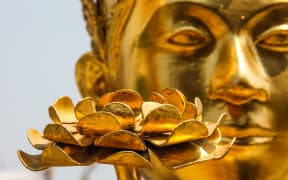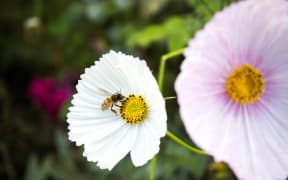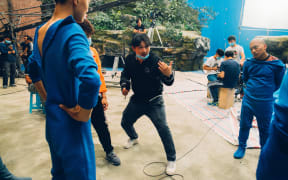Afternoons for Monday 30 July 2018
Short Story Club
On Thursday we discuss the story Beats of the Pa’u by Maria Samuela. Email us your thoughts on it before 3pm Thursday, and the writer of the best email wins a copy of Sport 45 - a collection of New Zealand short fiction.
1:10 First song
1:15 The consequences of gene editing
Gene editing technology has scientists and conservationists very excited if it could wipe out entire species, but the Sustainability Council is warning the technology offers the power to deliver "extinction to order" on species such as possums - and the consequences would be dire if it got into protected possum populations in Australia.
The council's executive director, Simon Terry talks to Jesse Mulligan about the need for tougher international regulation.
1:25 There's water on Mars so how about food?
Mars has been in the news quite a bit recently, last week it was revealed scientists had discovered an underground lake on the planet.
So what are the possibilities here, could food be grown there, and if so, how? Meanwhile, the bright red dot in the sky is going to be unusually bright this week, and there's an interesting reason why.
Dr Ian Griffin is an astronomer and the director of the Otago Museum, he answers all our Mars-related questions.
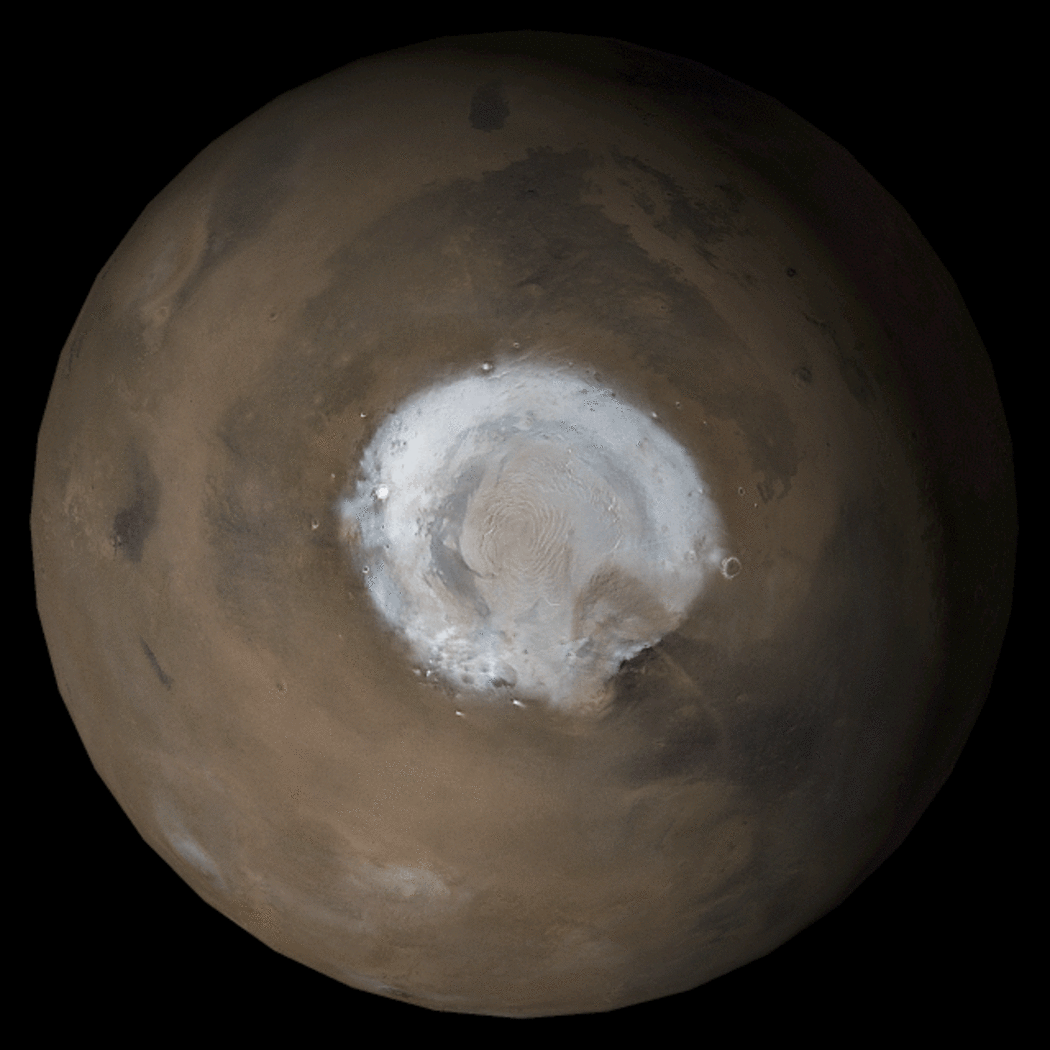
Scientists believe there could be a 20km-long lake siting under Mar's south polar ice cap. Photo: Supplied / NASA/JPL/Malin Space Science Systems
1:35 Frozen roundworms come back to life after 40,000 years
Russian biologists have come across a huge surprise when they dug up frozen soil from the Arctic and took them back to their lab in Moscow for a closer look.
They've thawed out permafrost sediment frozen for the past 40,000 years and discovered living nematodes.
The roundworms have begun to move and eat. So, does this set a a record for the time an animal can survive cryogenic preservation?
Aside from revealing new limits of endurance, it just might prove useful when it comes to preserving our own tissues. Cryogenics expert, associate professor in biochemistry at Otago University Craig Marshall tells us more.
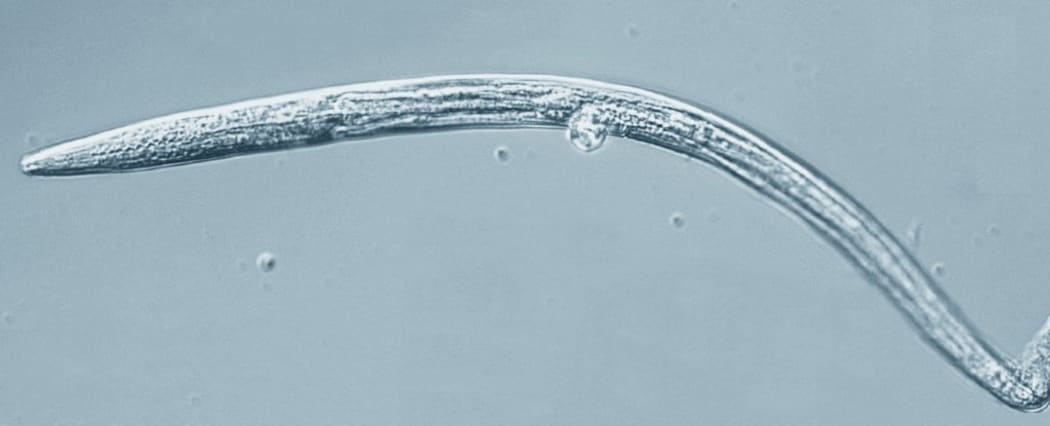
Photo: (Doklady Biological Sciences)
1:40 Great album - Last Splash by The Breeders
2:10 Television Critic Briar Wyatt
Briar reviews Wellington Paranormal (TVNZ), Who Is America (Neon) and Guerilla (Lightbox)
2:20 The value of Gold - why this metal outshines the rest
Gold has inspired and enchanted humans for thousands of years.
It's helped to end wars - and to start them! - and adorns many of the buildings and works of art we place the greatest value on.
Why? Who decided this humble, noble metal lying in the earth's crust would become one of the most obvious and enduring symbols of wealth and beauty humans have?
Penelope Brothers is a professor at Auckland University, and also does work with the Mcdiarmid Institute.
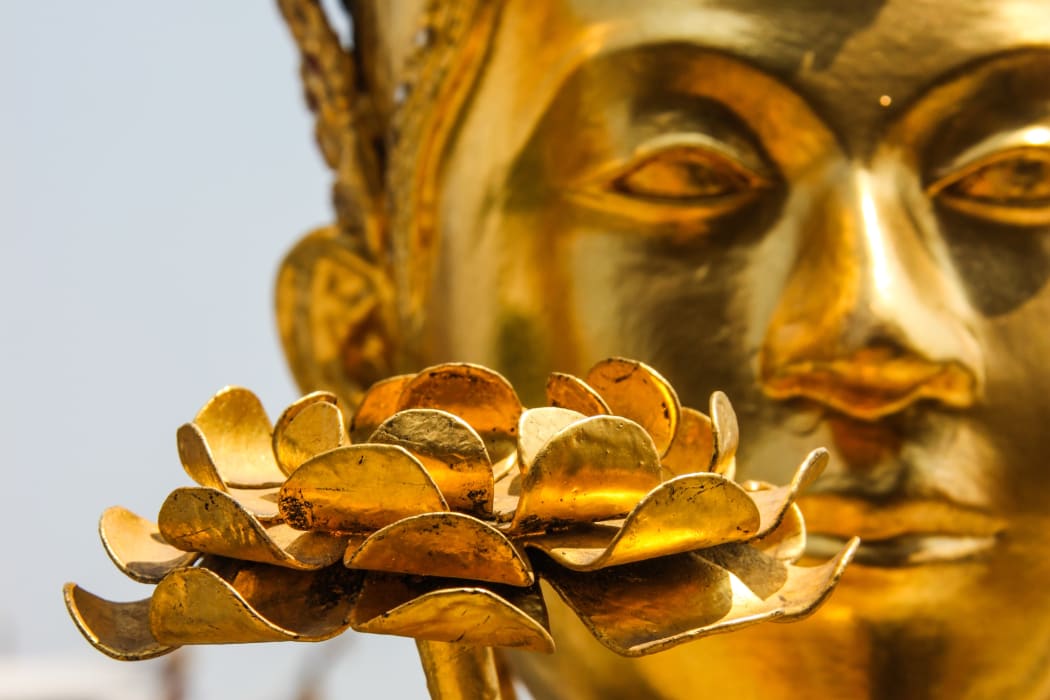
Gold has been mined by humans for thousands of years Photo: PXHere
3:10 Thor Hanson: Praising and protecting bees
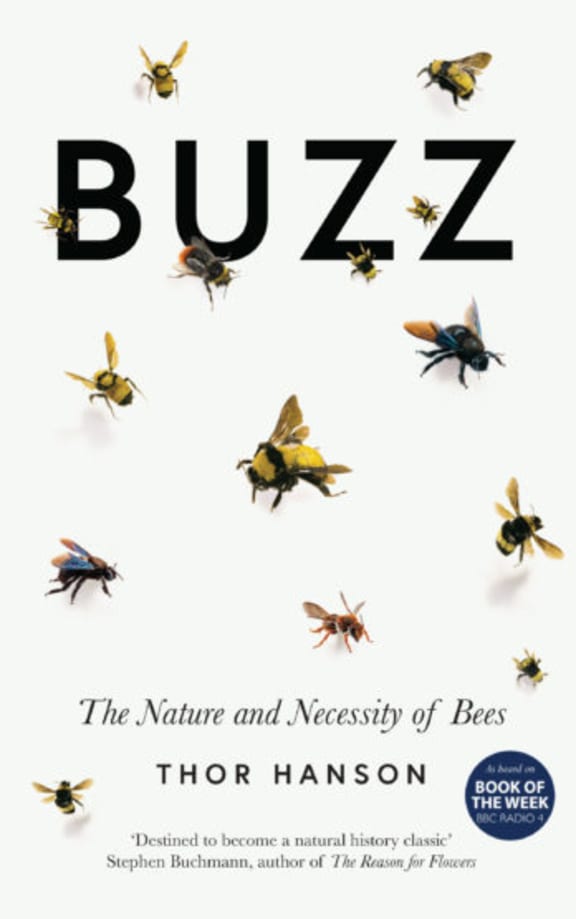
Photo: Supplied
There probably isn't another creature on the planet more taken for granted than the humble bee. For every third bite of food you eat, you can thank a bee. Bees visit about 75% of the most popular and nutritious food we eat. They pollinate flowers adding color to our world. There are 20-thousand species of bees, some wild, some domesticated, and they are at risk of disappearing.
Conservation biologist Thor Hanson lists the many reasons why we should admire bees and do more to protect them, in his new book Buzz: he Nature and Necessity of Bees.
3:35 Voices
3:45 The Pre-Panel Story of the Day and One Quick Question
4:05 The Panel with Jo McCarroll and Mike Rehu
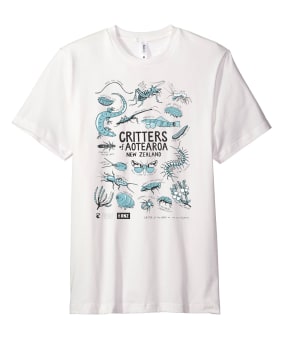
Photo: RNZ/Liminal/DoC
CRITTER OF THE WEEK T-SHIRTS!
NZ is full of amazing native creatures, and many of them are not cute and pretty! We are celebrating those less loved critters with some limited edition t-shirts illustrated by the amazing @giselledraws.
She was assisted by science advisor Mike Dickison and DoC's Threatened Species Ambassador, Nicola Toki.
To order a t-shirt please click here.
HELPING THE CRITTERS
We have set aside 5 dollars from every t-shirt sale and plan to donate it to a community volunteer group that is working on local habitat protection or critter conservation. To apply please email us details of what your group does and what you would do with the money. Jesse@radionz.co.nz
Terms and Conditions
- The producers of the show will select the group or groups, their decision is final and no correspondence will be entered in to
- We may request additional or supporting information
- You must also disclose if any of your members are employed by RNZ or DoC
